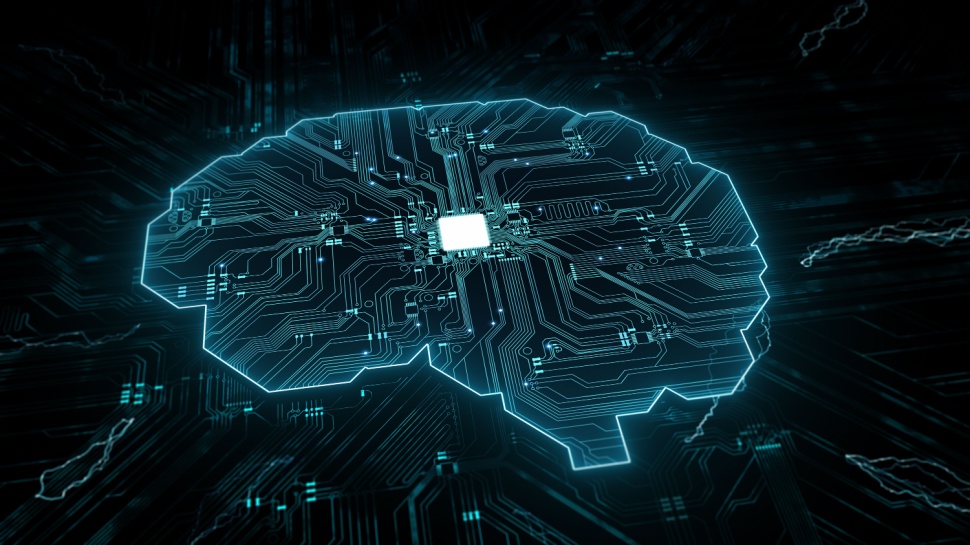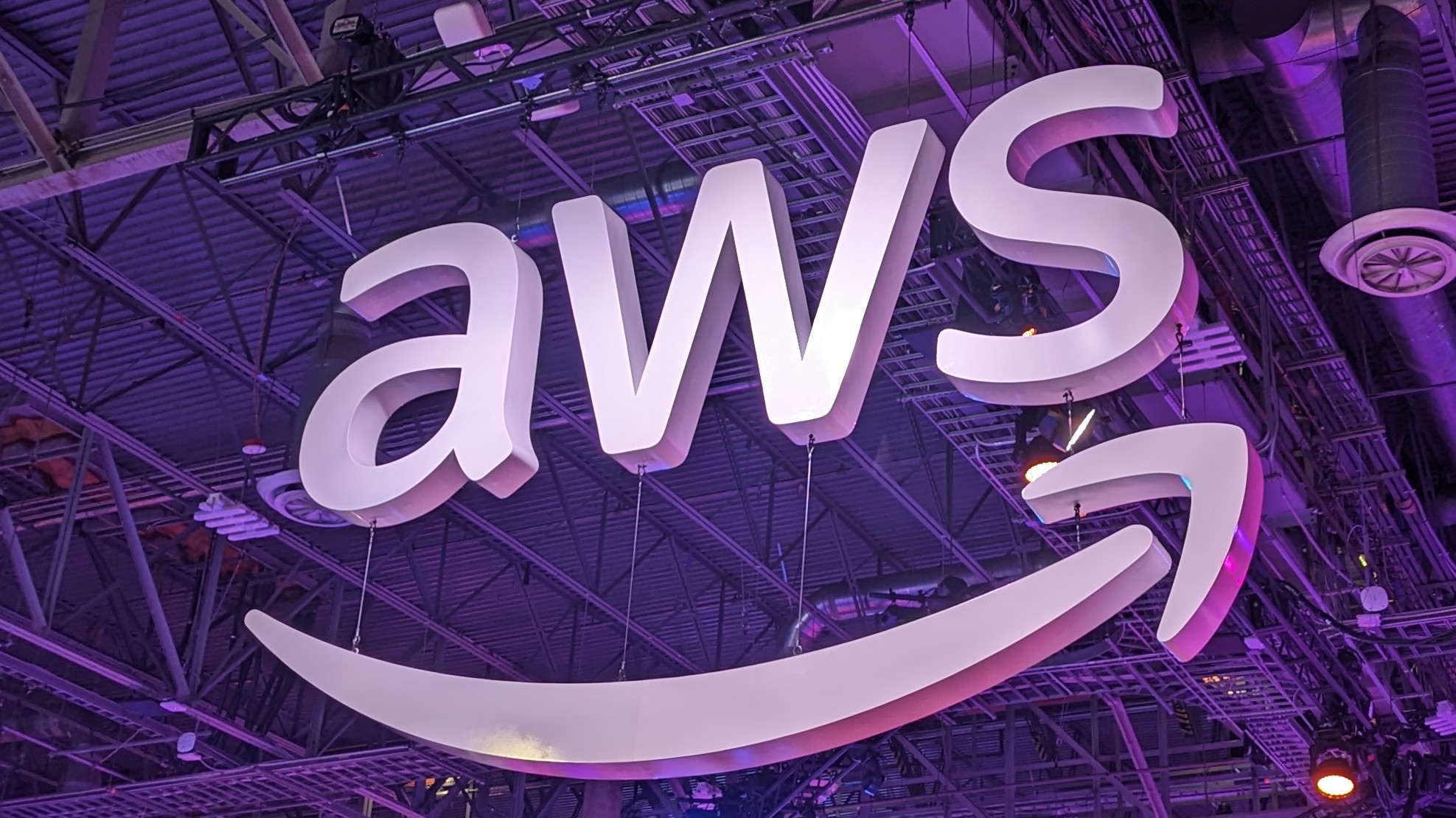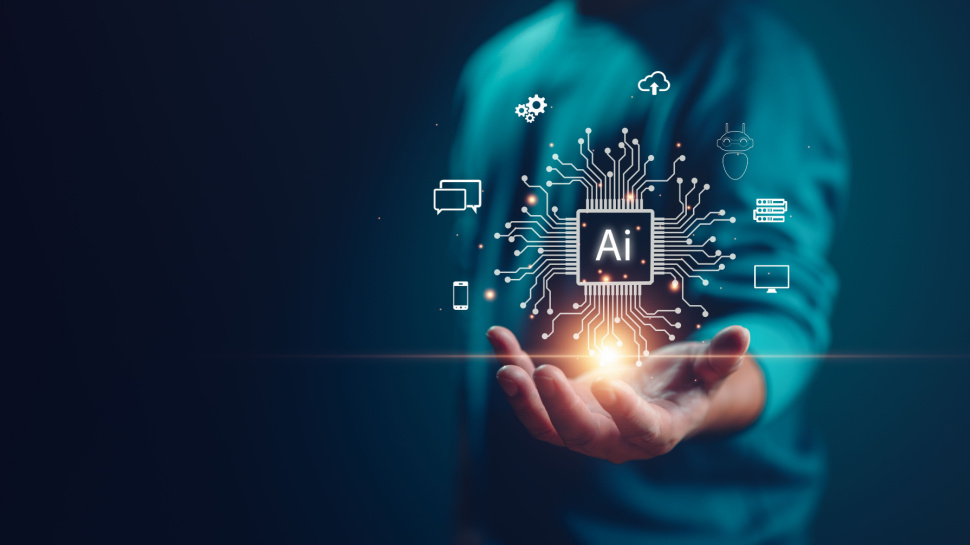“When security is a seamless part of how we do our jobs, it works best” — Why AWS wants to be the go-to security for your gen AI data
Gen AI is code - so it needs protecting just like anything else, AWS CISO says

Sign up for breaking news, reviews, opinion, top tech deals, and more.
You are now subscribed
Your newsletter sign-up was successful
With generative AI transforming the way businesses around the world work, plan and evolve, the need to ensure the data such platforms use and generate is paramount.
Although primarily still seen as a cloud and storage leader, Amazon Web Services is looking to play a key role in ensuring businesses of all sizes remain safe against the myriad of security threats facing organizations today.
And with generative AI’s increasing popularity leading to an explosion in possible security threats, the company is setting out its stall to be the ideal ally when it comes to keeping your data protected in the generative AI age.
Raising the bar
“There's always work to be done in security to continue to raise the bar - the question is, where are the risks, and how are you focusing on them?” Chris Betz, AWS CISO tells TechRadar Pro in an exclusive interview.
Generative AI is set to provide lots of advantages, but broken down to its simplest form, Betz notes that the platforms need to have due care and attention.
“Speaking to CISOs, there is a recognition that generative AI models are code,” he laughs. “And like code, it's important that you have all of the protections you would normally have around any software program.”

As mentioned, AWS’ expertise across much of the technology industry means it is in a good place to provide these protections as part of an all-round offering - especially good news if your workers are already familiar with AWS technologies.
Sign up to the TechRadar Pro newsletter to get all the top news, opinion, features and guidance your business needs to succeed!
"One of the most amazing things about the infrastructure we've built here at AWS is that you build and secure as one consistent natural motion,” Betz notes, highlighting the importance of how generative AI fits within overall security applications, as companies don't just utilize generative AI on its own, but as part of a wider solution.
"To take full advantage of generative AI, you have to be able to get large volumes of data in close proximity to incredible processing power, and be able to protect that data throughout - because in some cases, some of the most sensitive data you have, that makes your business unique, is that data you want to bring to your model, in order to train it and educate it.”
“That's part of the reason why we designed the (AWS security) platform - we wanted to offer choice within so you can have the same foundation, and then bring different platforms…it's really about providing builders with choice, and the tools they need.”
Betz says that generative AI has to fit within a company’s existing systems, and that, “bringing all this together, running on a platform, that operates within a suite of other technologies, all within a consistent security wrapper, is incredibly valuable”.
“Gen AI is an incredibly powerful tool for answering a certain set of questions,” he adds, “my goal with security, and technology in general, is to enable people to do smart, high judgement work, and have the computers do the rest.”

As with any new technology, the question emerges of the role actual humans will need to play - especially as much of the promotion around generative AI is concerned with making our lives easier.
But with humans often proving the weakest link when it comes to cybersecurity, can AI-powered systems finally help lessen the risk?
Betz is cagey, noting that although generative AI is really good at bringing together massive amounts of data and helping us understand it, “I don't yet see it as a replacement for human judgement - but it's an incredible way for people to look and find answers faster and easier.”
Instead, he says it can play a key role as a part of a suite of technologies that's poised to keep helping us solve problems, with computers sticking to solving the problems they are best suited for.
"People solve really hard and thoughtful problems, and they should, like with any technology, question the data they are getting, and make sure that they've got the quality that we want,” he notes.
"I want the secure way to be the easy way - and I want the easy way to be the secure way,” he adds, using humans being distracted by a potential phishing email test from their company’s IT team as an example. “When security is a seamless part of how we do our jobs, it works best - when there's friction, and people have to stop doing the job that they're trying to to do to pause and think about security, that's where we are in the riskiest position, where human judgement can go wrong."
Overall, Betz is confident about the role of generative AI within the technology industry as a whole, and with AWS leading the way in so many areas, this confidence looks well-placed.
"I'm really excited to see where we go with generative AI over the next 12 months,” Betz concludes, “as an industry, we've got a solid foundation, at least within AWS - and I'm really interested to see where as we continue to build and explore, but also continue to make it safer for people to use these technologies.”

Mike Moore is Deputy Editor at TechRadar Pro. He has worked as a B2B and B2C tech journalist for nearly a decade, including at one of the UK's leading national newspapers and fellow Future title ITProPortal, and when he's not keeping track of all the latest enterprise and workplace trends, can most likely be found watching, following or taking part in some kind of sport.